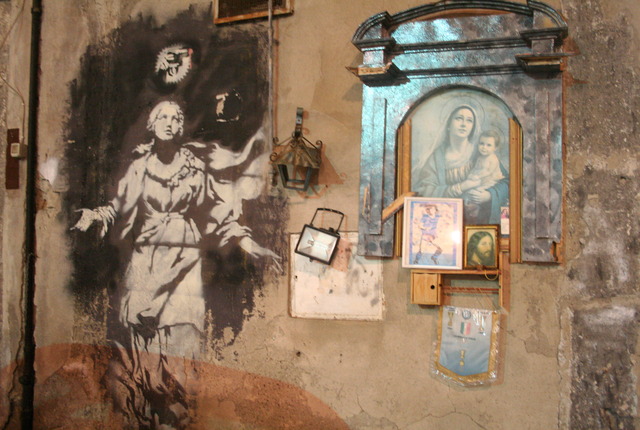The author who writes under the pseudonym Elena Ferrante responded to written questions via email through her longtime Italian publisher, Sandra Ozzola Ferri. The following is a translated transcript of that interview.
Q. You insist on anonymity and yet are developing a cult following, especially among women, first in Italy and now in the United States and beyond. How do you feel about the reception of your books in the United States in recent years, and your growing readership, especially after James Wood’s review in The New Yorker in January 2013?
Q. Do you feel your books have found the following they deserve in Italy?
A. I don’t do promotional tours in my own country or anywhere. In Italy my first book, “Troubling Love,” sold immediately, thanks to the word of mouth of readers who discovered it and appreciated the writing, and to reviewers who wrote about it positively. Then the director Mario Martone read it and turned it into a memorable film. This helped the book, but it also shifted the media attention onto me personally. Partly for that reason, I didn’t publish anything else for 10 years, at which point, with tremendous anxiety, I decided to publish “The Days of Abandonment.” The book was a success and had a wide readership, even if there was also a lot of resistance to [the protagonist] Olga’s reaction to being abandoned, — the same kind of resistance faced by Delia [the protagonist] in “Troubling Love.” The success of the book and of the film that was made from it focused even more attention onto the absence of the author. It was then that I decided, definitively, to separate my private life from the public life of my books, which overcame countless difficulties and have endured. I can say with a certain pride that in my country, the titles of my novels are better known than my name. I think this is a good outcome.
Q. Where do you see yourself in the Italian literary tradition?
A. I’m a storyteller. I’ve always been more interested in storytelling than in writing. Even today, Italy has a weak narrative tradition. Beautiful, magnificent, very carefully crafted pages abound, but not the flow of storytelling that despite its density manages to sweep you away. A bewitching example is Elsa Morante. I try to learn from her books, but I find them unsurpassable.
(…)
Q&A with Elena Ferrante
In the New York Times


